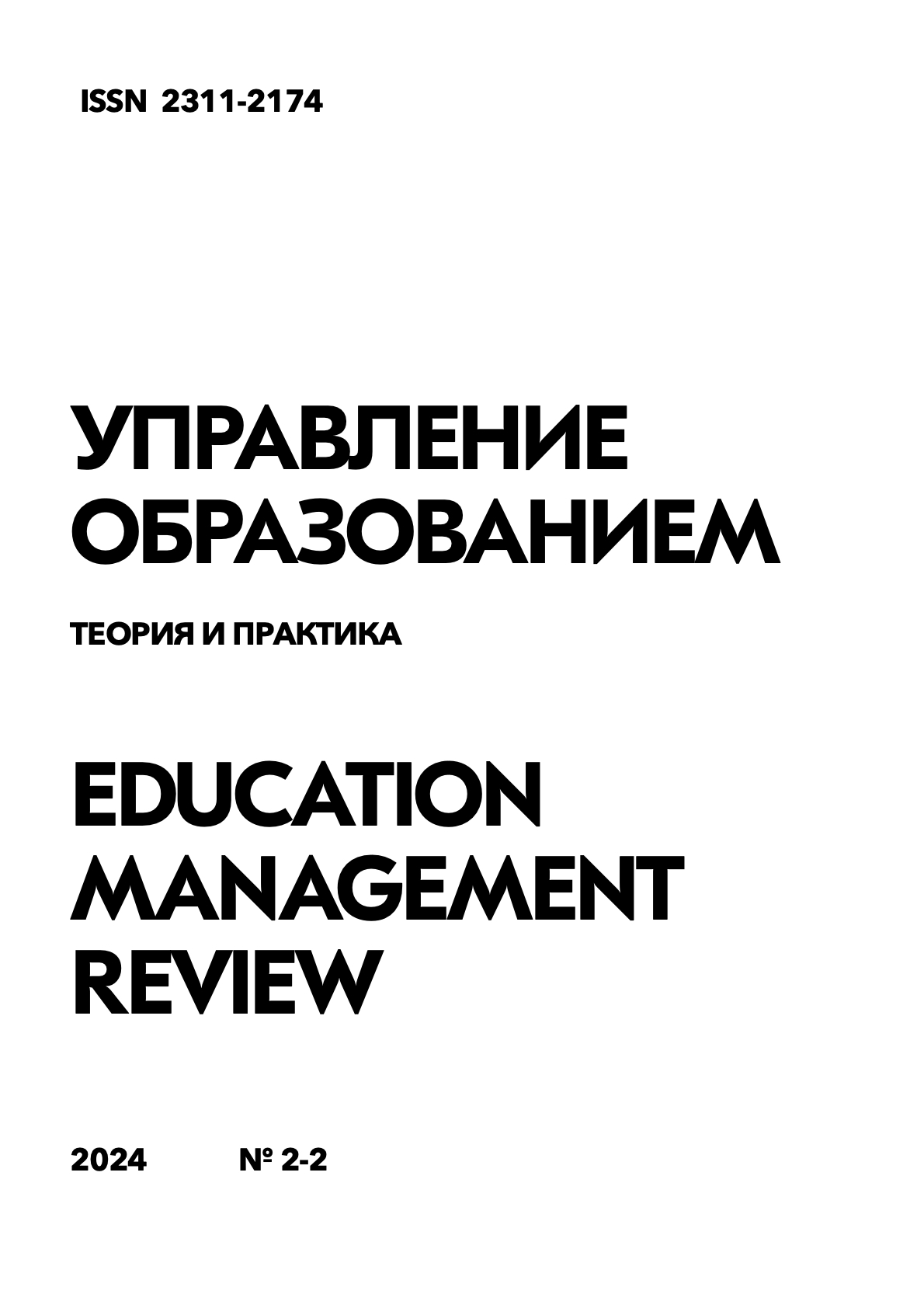The role of the case method in teaching students of oil and gas specialties: approaches and results
DOI:
https://doi.org/10.25726/r4845-1263-6516-zKeywords:
case method, oil and gas education, interactive learning, professional competencies, practice-oriented approachAbstract
This article examines the role of the case method in teaching students of oil and gas specialties. The case method, which is an interactive learning technology based on the analysis of practical situations, is becoming increasingly popular in modern higher education. The purpose of the study is to study the effectiveness of the case method in the training of specialists in the oil and gas industry. In the course of the study, the results of the implementation of the case method in the educational process were analyzed using the example of teaching 120 students of 3-4 courses of oil and gas specialties at three leading technical universities in Russia during the 2021-2022 academic year. The methods of pedagogical observation, questioning of students and teachers, testing of students' knowledge and skills, and statistical data processing were used. The study used specially developed cases covering various aspects of the oil and gas business – from exploration to processing and transportation of hydrocarbons. The conducted research demonstrated that the use of the case method helps to increase students' motivation and involvement in the educational process. 87% of the surveyed students noted that working with cases helped them better understand the specifics of their future profession and develop practical skills. The average score in specialized disciplines among students of the experimental groups, where the case method was actively used, turned out to be 14% higher compared to the control groups. In addition, graduates who were trained using case studies demonstrated a higher level of employment in their specialty (91% versus 76% in the control group) and rapid adaptation in the workplace. The results obtained indicate that the case method is an effective tool for the formation of professional competencies among future specialists in the oil and gas industry.
References
Abdulwahed M., Hasna M.O., Froyd J.E. Advances in engineering education in the Middle East and North Africa: Current Status, Future Insights. Springer, 2016. 454 p.
American Society for Engineering Education. The economic case for investing in engineering education. Washington, DC: ASEE, 2019. 28 p.
Blackburn G. Case Studies in Engineering: Effective Teaching Strategies. NY: Routledge, 2018. 208 p.
BP Energy Outlook 2035. London: BP p.l.c. 2015. 98 p.
Crawley E.F. Rethinking engineering education: The CDIO Approach. 2nd ed. Springer, 2014. 311 p.
Edstrom K., Kolmos A. PBL and CDIO: Complementary models for engineering education development // European journal of engineering education. 2014. Vol. 39. № 5. рр. 539-555.
Guilford W.H. Teaching peer review and the process of scientific writing // Advances in physiology education. 2001. Vol. 25. № 3. рр. 167-175.
Ibrahim M.M. Measuring the effectiveness of case-based learning in petroleum engineering education // Journal of petroleum science and engineering. 2020. Vol. 195. Art. 107586.
Litzinger T.A., et al. Engineering education and the development of expertise // Journal of engineering education. 2011. Vol. 100. No. 1. pp. 123-150.
National Petroleum Council. Facing the hard truths about energy: A comprehensive view to 2030 of global oil and natural gas. Washington, DC: NPC, 2007. 422 p.
Onwu G.O.M., Ajayi O.S.A. Petroleum engineering education in Nigeria: Challenges and рrospects // Journal of advances in engineering education. 2018. Vol. 6. № 1. рр. 1-19.
Prince M.J., Felder R.M. Inductive Teaching and Learning Methods: Definitions, Comparisons, and Research Bases // Journal of engineering education. 2006. Vol. 95, No. 2. - P. 123-138.
Shakirova A.A. Case-based learning as an effective tool for developing professional competencies in petroleum engineering education // Journal of applied engineering science. 2018. Vol. 16. № 3. рр. 374-380.
Sheppard S.D. Educating engineers: Designing for the future of the field. San Francisco: Jossey-Bass, 2009. 272 p.
Wilson G., Johnson P. Meta-Analysis of Case-Based Learning Practices in Higher Education: Implications for Engineering Education // Journal of engineering education. 2020. Vol. 109. No. 2. рр. 321-339.




